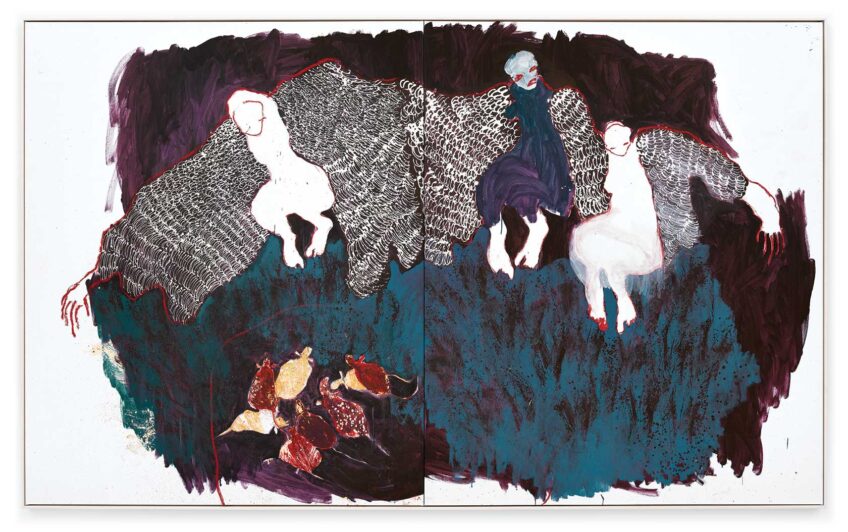
Katori Hall must have had a dream.
Judging by her 2010 Olivier Award-winning play “The Mountaintop” – now in its Broadway premiere at the Bernard B. Jacobs Theatre, the ambitious young black playwright seems to have wanted to do full justice to the great legacy of Martin Luther King Jr. as an eloquent orator, undaunted spokesman for nonviolent change and dynamic civil rights leader.
Hall also seems to have wanted to add to America’s understanding of the larger-than-life legend that was also a very human man. Samuel Jackson, in a very auspicious Broadway debut, certainly captures the human as well as the legendary MLK in a performance that wisely alternates understatement and high intensity. Olivier Award notwithstanding, if only “The Mountaintop” were a fully realized work instead of – to borrow from Langston Hughes – a dream deferred.
Set in Room 306 of the Lorraine Motel, Memphis on April 3,1968 – the night before King was assassinated – Hall’s play begins with King’s return from speaking at the city’s Masonic Temple. The play’s title derives, of course, from the famous “I’ve Been to the Mountaintop” address that he delivered there in which he alludes to death threats, including a bomb threat that delayed his plane arrival.
The David Gallo set is as unassuming yet well-detailed as the actual room must have been – with beds for King and his close associate Reverend Ralph Abernathy (unseen), who has gone for cigarettes.
Theatergoers can make out Gallo’s effective representation of the balcony where King was assassinated.
While King waits, a black motel maid named Camae – broadly played by Angela Bassett – enters with coffee. Drinks, cigarettes and flirtation are shared. If audience members wonder why she delays moving on to other motel duties, their question is soon answered with a revelation about which critics have been sworn to secrecy.
Suffice it to say that Camae curiously compares King to the Beatles, calls him a “pulpit poet” and even speaks in a cocky and striking way with him about personal points as well as his civil rights efforts. That revelation will have spiritual as well as cosmic implications.
Thanks to double threat Gallo’s strong projection design, the last 20 minutes of this sometimes engaging 90 minute effort do achieve a kind of epiphany about human equality. The problem is that the end of the play stands as a kind of poetic island with too thin a thematic and dramatic development before it.
Yes, under talented Kenny Leon, Jackson is wonderfully majestic as King as he works on delivering a speech. Yes, he is equally impressive capturing the vulnerable man as he searches for listening devices, worries about death threats and flirts with Camae.
Jackson’s vibrant performance does full justice to King’s multi-faceted grandeur and great feeling. Bassett sometimes overplays Camae’s cockiness but does better with the very different demands of her part once the maid’s mystery is uncovered.
Hall should have made “The Mountain” into a timely opportunity to confront issues of race and human understanding then and now. Her play could have been a head-on confrontation of positions of non-violence and violence and a fully dramatic face-off between the views of King on the one hand and Malcolm X on the other.
Though he despaired of getting to the promised land of full equality for America’s blacks, King always made a total effort in his speeches and in his actions.
By contrast, Hall never comes close to a dream of a play about King as complex man and mighty American. The main reason to see “The Mountaintop” is Jackson’s soaring performance as King.






